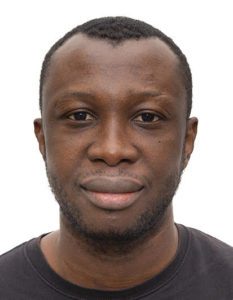
Abstract:
In recent years, edge computing has become an essential technology for real-time application development by moving processing and storage capabilities close to end devices, thereby reducing latency, improving response time, and ensuring secure data exchange. In this talk, we focus on a Smart Agriculture application that aims to protect crops from ungulate attacks, and therefore to significantly reduce production losses, through the creation of virtual fences that take advantage of ultrasound emission and computer vision. In more detail, this talk will provide a comprehensive description of the design, development and assessment of an intelligent animal repulsion system that allows to detect and recognize the ungulates as well as generate ultrasonic signals tailored to each species of the ungulate leveraging low power wide area networks (LPWAN), artificial intelligence, edge, and cloud computing. In addition, LoRaWAN, the global de facto standards for LPWAN will be assessed in various vegetation environments aimed at wildlife monitoring. Taking into account the constraints coming from the rural environment in terms of energy supply and network connectivity, the proposed system is based on Internet of Things (IoT) platforms that provide a satisfactory compromise between performance, cost and energy consumption. Lastly, this talk will discuss how the combined technology used can help farmers and agronomists in their decision making and management process.
Biosketch:
Mike Ojo received the M.Sc degree in Telecommunications Engineering from Politecnico di Milano, Milan, Italy in 2014, and a Ph.D degree in Information Engineering from University of Pisa, Pisa, Italy in 2019. He is currently a Postdoctoral Research Fellow with the University of Turin, Italy. His research interests include design, optimization, and performance evaluation of Internet of things networks, low power wide area networks, software defined networking, edge computing, machine learning and smart agriculture. He is a member of IEEE and has served as a reviewer for several IEEE conferences and journals as well as MDPI, Elsevier journals.
